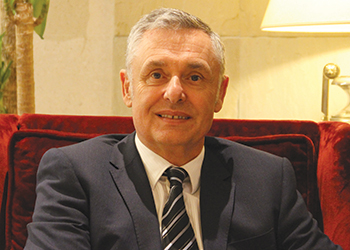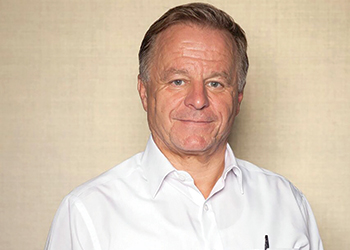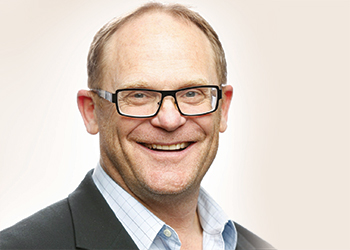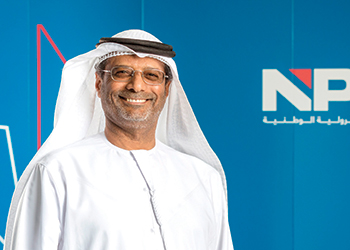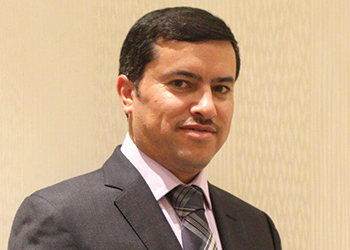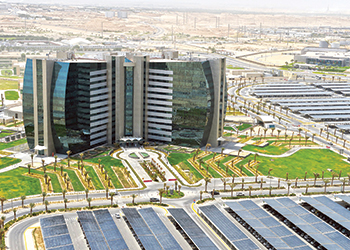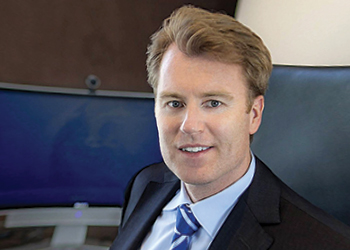
Saudi Arabia’s Vision 2030 reform plan has gone on a world tour. Deputy Crown Prince Mohammed bin Salman followed up his high-profile visit to the US in June with a stint through Pakistan, China and Japan, while Energy Minister Khalid Al Falih spearheaded a business conference in the US heralding the significant investment opportunities presented by a diversifying, industrialised Saudi Arabia. The overseas offensive underscores a critical element Vision 2030 needs to succeed: The buy-in of both the international investment community and trading partners, and Saudi citizens.
"The message was, ‘We have a vision and will change -- make sure you’re going to be part of it,’" a diplomatic source in Saudi Arabia says of Prince Mohammed’s recent travels. The prince’s ambitions to wean Saudi Arabia off its economic dependency on oil require managing a tectonic shift across the kingdom’s social fabric. Falih acknowledged this explicitly at a US-Saudi Arabian Business Council conference in Los Angeles: "As we go forward, there will be a new compact between the government and its people saying that everybody will have to take a more responsible role for achieving economic development."
"Assume for a moment that Saudi Arabia’s social complexities can be addressed. Even then, a rewrite of its social contract cannot succeed if promised economic opportunities don’t solidify. The days of graduating from university and quickly landing a secure government job are coming to an end, Falih says.



































































